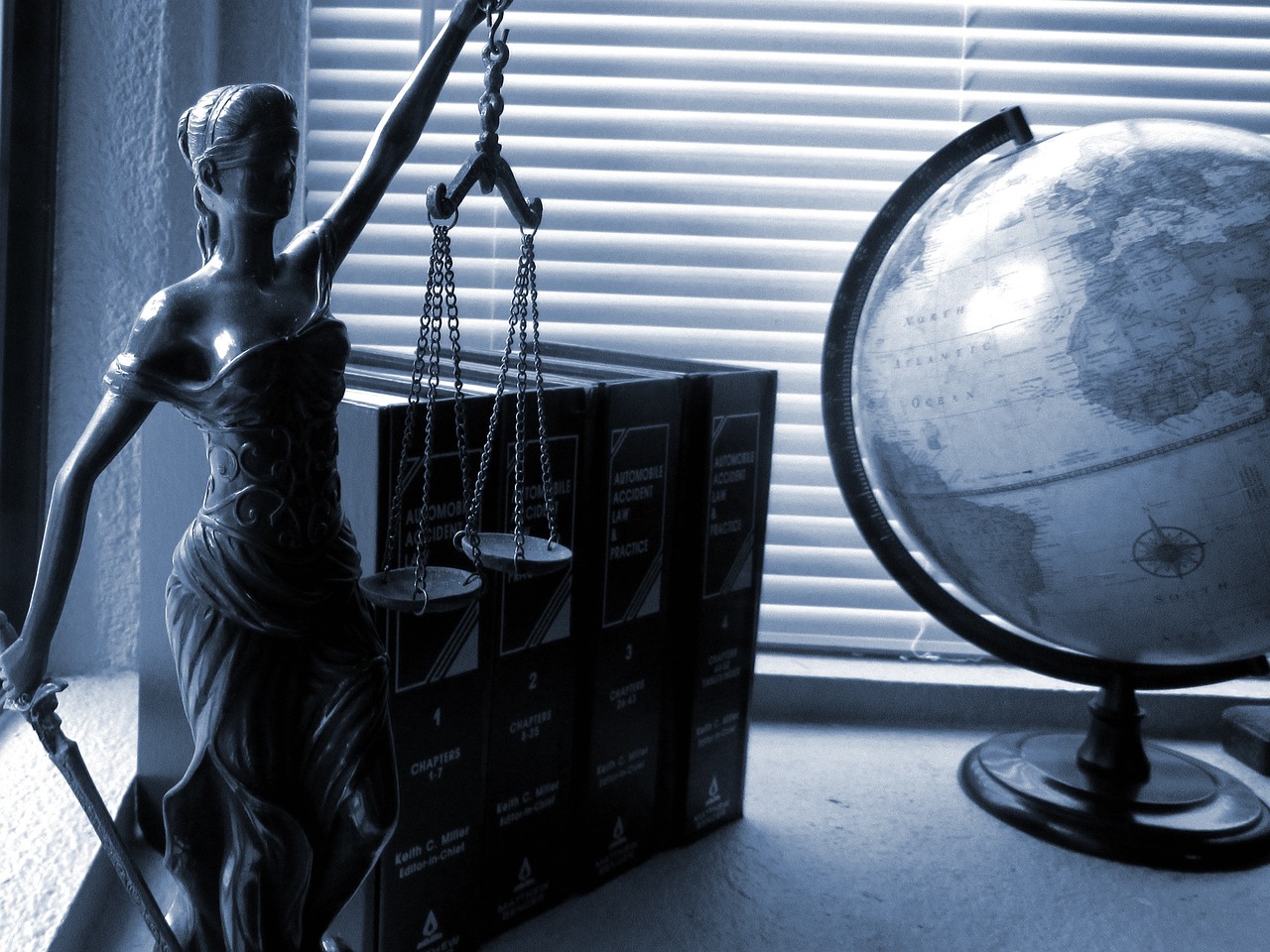ICC Issues Arrest Warrants for Israeli Leaders
In a significant development, the International Criminal Court (ICC) has issued arrest warrants for several high-profile figures, including Israeli Prime Minister Benjamin Netanyahu and former Defence Minister Yoav Gallant. These warrants stem from allegations of war crimes, marking a pivotal moment in international law and relations. The implications extend beyond Israel, as Netanyahu faces potential arrest should he enter the UK.
The ICC’s actions underscore the increasing scrutiny of state leaders regarding their conduct during conflicts.
Global Reactions and Implications
The news has sparked varied responses across major UK publications. The Times highlights that Netanyahu could be apprehended in the UK, while also noting a separate warning from Russian President Vladimir Putin regarding possible missile strikes targeting UK interests in response to British military support for Ukraine.
Meanwhile, the Telegraph reports on UK Labour leader Sir Keir Starmer’s endorsement of the ICC’s decision, emphasizing the importance of respecting international judicial independence. This sentiment echoes across other outlets, reflecting a broader consensus on accountability in global conflicts.
In addition to these developments, other stories have emerged:
-
The Mirror features Putin’s threat alongside tributes to John Prescott, a prominent figure in the Labour movement who recently passed away at age 86.
-
The i reports on Foreign Secretary David Lammy’s assertion that the UK and France will aggressively combat what he describes as “Putinisation,” framing Russia’s actions as a global risk beyond just Europe.
-
The Metro covers the tragic death of British lawyer Simone White in Laos due to suspected methanol poisoning, underlining ongoing concerns about alcohol safety in Southeast Asia.
Broader Context and Future Considerations
As international tensions escalate, particularly between Western nations and Russia, the ramifications of actions taken by figures like Netanyahu are being closely monitored. The ICC’s decision may signal a shift towards greater accountability for political leaders in conflict situations.
Furthermore, with increasing discussions about military aid and its consequences, such as those highlighted by Ed Miliband’s proposed “boiler tax” aimed at meeting climate targets, it is clear that these issues intersect with domestic policies and public sentiment.
Looking ahead, how world leaders navigate these complexities will undoubtedly shape both geopolitical landscapes and public trust in governance.
As these stories unfold, the intersections of law, politics, and international relations remain critical areas for public discourse.


